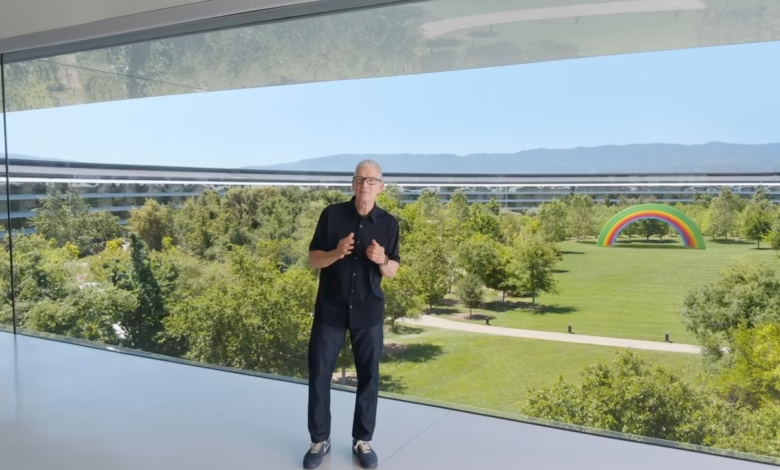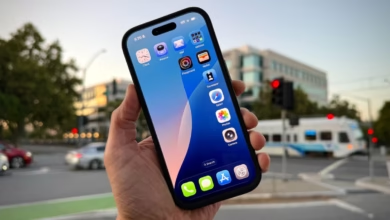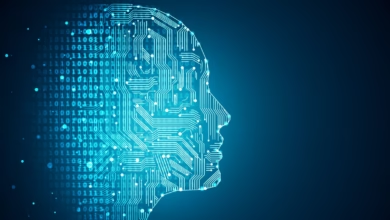Apple Praises Developers at WWDC 2025 Despite AI, App Store Challenges

▼ Summary
– Apple celebrated app developers at WWDC 2025 with a humorous song based on positive App Store reviews, but avoided addressing recent developer tensions.
– The company has faced criticism for its strict App Store policies, lawsuits, and delays in delivering promised AI advancements like Siri upgrades.
– Apple showcased AI features at WWDC, but many were similar to Google’s existing tools, and it only announced OpenAI integrations, leaving out other rumored partnerships.
– The keynote ignored key developer concerns, such as App Store commissions and payment reforms, despite recent legal losses like the Epic Games case.
– Apple’s focus on consumer-friendly updates, like Liquid Glass design, lacked clear developer benefits, reinforcing perceptions of prioritizing profits over developer support.
Apple celebrated developers at WWDC 2025 with a musical tribute, but behind the fanfare, tensions linger over App Store policies and delayed AI advancements. The company kicked off its keynote with a lighthearted performance, turning glowing App Store reviews into lyrics for a song titled “6 out of 5 Stars.” Yet the upbeat tone contrasted sharply with unresolved issues facing developers, from regulatory battles to stalled AI promises.
Despite showcasing new AI integrations, including ChatGPT for coding assistance in Xcode and image generation tools, Apple’s AI roadmap remains behind competitors like Google. Features like Siri’s long-awaited personalization upgrade were conspicuously absent, with executives admitting the technology “needed more time.” Even Apple’s Visual Intelligence demo relied on Google’s image search, highlighting gaps in its own ecosystem.
The App Store’s contentious commission structure went unaddressed, despite recent legal losses requiring Apple to allow alternative payment options in the U.S. Instead of tackling developer frustrations head-on, the company quietly tweaked its guidelines, replacing “alternative app marketplace” with “alternative distribution”, a semantic shift reinforcing its control. Meanwhile, iOS 26’s default Search Ads landing page subtly pressures developers to spend more on visibility.
New consumer-facing features, like the Liquid Glass UI redesign, offered little practical incentive for developers to overhaul apps. While the update hints at future AR/VR expansion, Apple provided no clear roadmap, leaving creators to guess at its long-term strategy. The standalone Games app also focused on player perks rather than developer benefits, sidestepping opportunities to ease monetization challenges.
By closing with a musical nod to App Store reviews, a system riddled with fraud, Apple’s gesture felt more like theater than tangible support. The event’s omissions spoke louder than its announcements, leaving developers questioning whether their contributions are truly valued or merely leveraged to fuel Apple’s bottom line.
(Source: TechCrunch)






